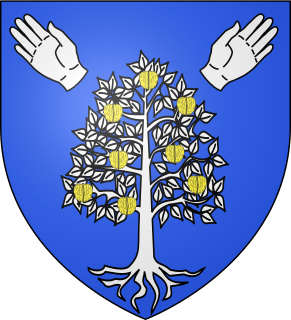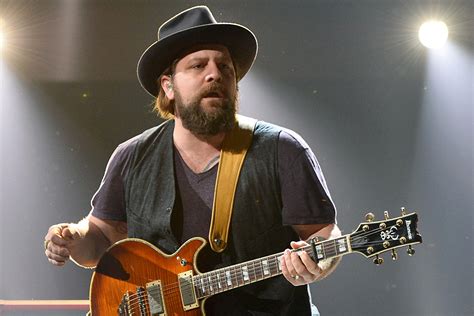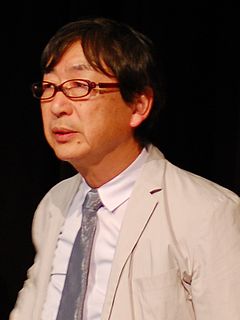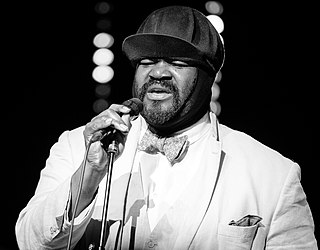A Quote by Jake Tapper
My dad's a hero in a lot of ways. He was a 1960s and 1970s hippie and a member of the protest crowd.
Related Quotes
You might see someone with dreadlocks and label them a hippie in your head, but that doesn't mean they think of themselves that way. A lot of people look at me and see I have a beard and shaggy hair, and think I'm a hippie. I'm not a hippie, and I'm not not a hippie. I don't know what the f**k I am.

































